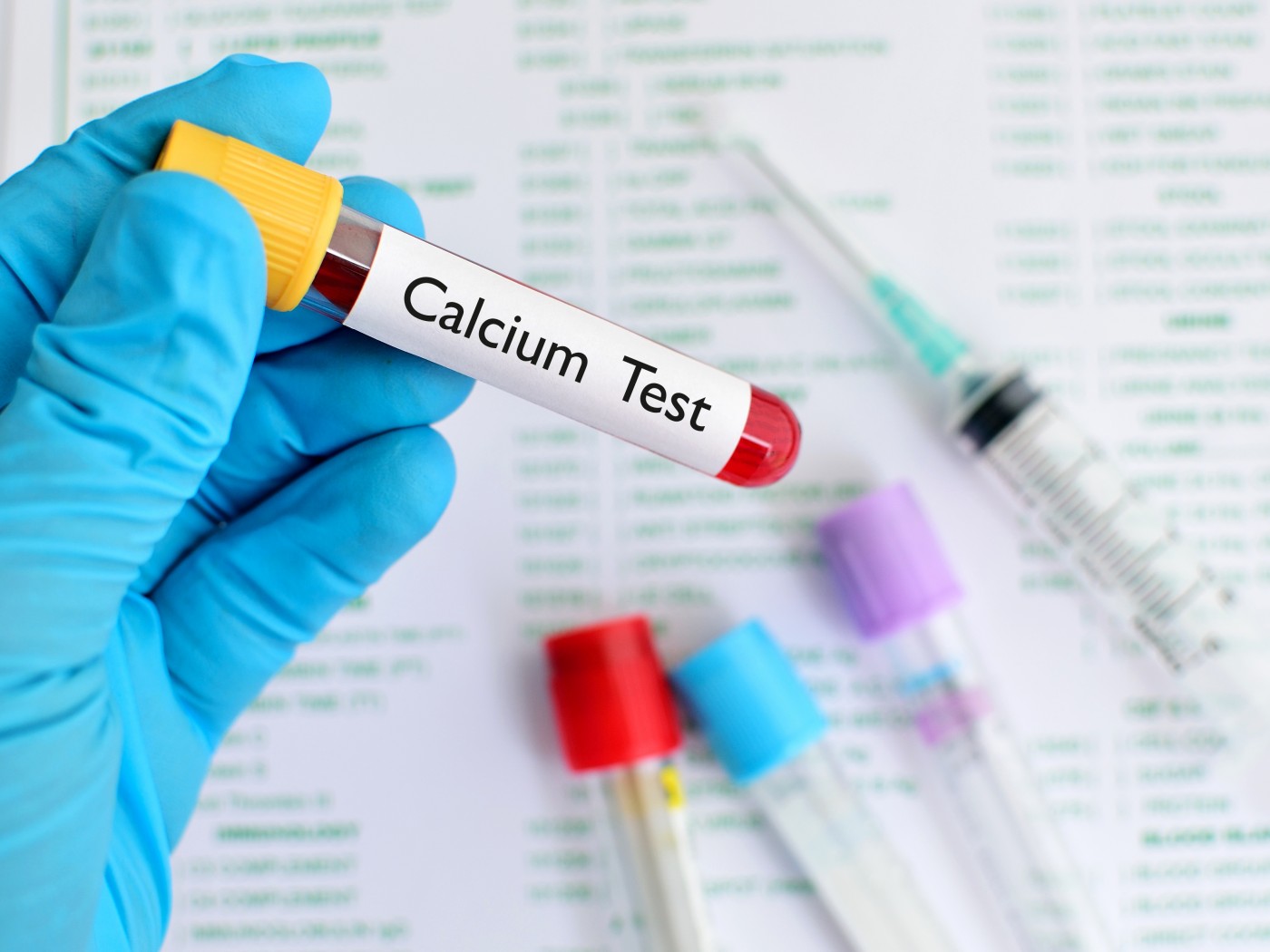High Calcium Levels in Blood Could Be a Sign of Sarcoidosis, Case Study Suggests

Sarcoidosis should be considered in patients whose blood calcium levels are above normal, according to a case study published in the medical journal Pediatric Rheumatology.
The study, “Sarcoidosis presenting as granulomatous myositis in a 16-year-old adolescent,” reports the case of a teenage Caucasian girl who had long-lasting symptoms of fatigue, nausea, and prominent weight loss. Laboratory testing revealed high calcium levels in her blood as well as kidney insufficiency. She did not have any other clinical or physical symptoms usually associated with sarcoidosis, such as arthritis, weakness, rash, inflammation of the middle layer of the eye, fever, enlarged lymph nodes or respiratory symptoms.
Further examination revealed subtle soft tissue changes in her legs. She had an MRI, which showed extensive myositis or inflammation in the muscles. However, this was not associated with muscle weakness or elevated enzyme levels in the blood, which is usually seen when muscle damage is present.
The doctors then took a muscle biopsy from the patient and found non-caseating or non-necrotizing epithelioid granulomas, the main characteristic of sarcoidosis, and calcium oxalate crystals in her muscles.
The team treated the patient with Deltisone (prednisone), a systemic corticosteroid, and Rasuvo (methotrexate), a chemotherapy agent and immune system suppressant. Although she responded well to this treatment, her symptoms re-appeared when the steroids were slowly discontinued. Her physicians then treated her with Humira (adalimumab), a drug used for the treatment of rheumatoid arthritis, to which she responded well.
Dr. Amir B. Orandi of the Department of Pediatrics, Division of Rheumatology at Washington University School of Medicine and the co-author of the study, concluded that high calcium levels in the blood could be a sign of sarcoidosis, and that the absence of decreased muscle strength or elevated muscle enzymes does not exclude the presence of granulomatous muscle inflammation, which is almost always associated with sarcoidosis.
There are a number of clear clinical symptoms associated with sarcoidosis, which help doctors diagnose the disease. However, these can show significant variations from one patient to another, at times making the diagnosis difficult. Studies such as the one presented here could help doctors diagnose the condition faster and more reliably.





